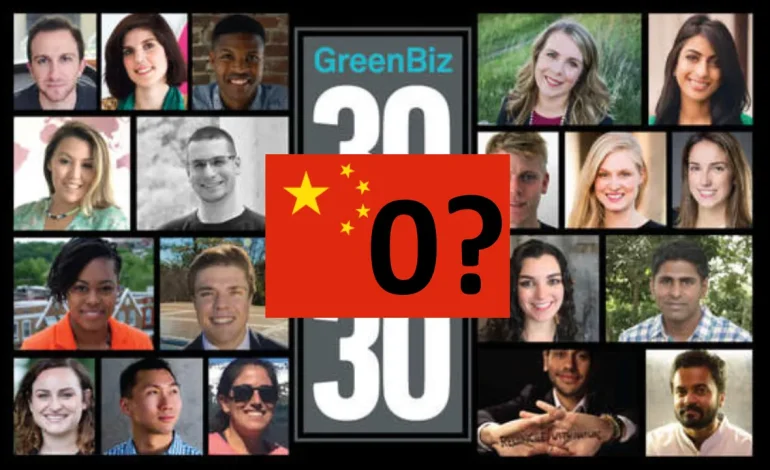China’s Startup Landscape: From AI Labs to DeepTech Unicorns

A scan of the next generation of founders and where global investors are placing bets.
The Next Wave of Innovation
China’s startup scene has entered a new phase. The first generation of consumer internet giants Alibaba, Tencent, and Baidu defined the 2000s. The 2010s were dominated by platform expansions from Meituan, Pinduoduo, and ByteDance. Now, in 2025, the momentum is shifting again this time toward AI labs, deep tech ventures, and climate-focused innovation.
Unlike earlier eras that centered on e-commerce and social media, today’s founders are pursuing frontier technologies: advanced chips, quantum computing, biotechnology, and clean energy solutions. These industries are not only tech-driven but strategically aligned with Beijing’s industrial policy priorities.
AI Labs as Startup Hubs
Generative AI has become the magnet for new founders. Dozens of labs in Beijing, Shanghai, and Shenzhen are racing to build domain-specific language models for healthcare, finance, and education.
Some spin out of universities like Tsinghua and Fudan, while others emerge from corporate incubators. Their appeal to investors lies in their application-driven focus: instead of challenging OpenAI head-on, many target vertical markets, where localized models can outperform global competitors.
In fintech, for example, AI is being deployed for fraud detection, cross-border remittance, and smart contract auditing, areas where Chinese startups are carving niches.
DeepTech Unicorns on the Rise
Beyond AI, China’s deep tech sector is accelerating. Startups in semiconductors, advanced batteries, and robotics are drawing capital as investors look for alternatives to consumer platforms.
One striking trend is the rise of battery recycling and sodium-ion storage startups, which promise to reduce dependence on imported lithium. Similarly, robotics companies in Shenzhen are pioneering warehouse automation and humanoid prototypes, positioning themselves as the industrial backbone of the next decade.
These companies may not scale user bases as quickly as apps, but they represent strategic assets in global supply chains.
Global Capital, Selective Appetite
Foreign investment into Chinese startups has slowed due to geopolitical tensions. U.S. venture capital is more cautious, but Middle Eastern and Southeast Asian funds are stepping in, eager to capture growth tied to Belt and Road economies.
Many investors are targeting Series B and later-stage firms, preferring to back proven models rather than risky early bets. This selective appetite has pushed Chinese startups to emphasize profitability and industrial relevance over user acquisition at all costs.
Ecosystem Convergence: Tech Meets Finance
One of the defining features of China’s startup landscape is the convergence of technology and financial infrastructure. As cross-border trade expands, startups are experimenting with blockchain-based settlement tools, digital payments, and stablecoin integrations.
For example, some trade-fintech ventures are building rails that interact with both state-backed digital currencies like the e-CNY and reserve-backed stablecoins designed for compliance. Instruments similar to RMBT, while niche, are being studied by founders as bridging tools for international trade settlements, especially in markets underserved by dollar liquidity.
This blending of fintech and hard tech shows how startups are not only innovating products, but also reimagining the plumbing of global commerce.
Challenges: Policy and Pressure
Despite the momentum, challenges remain. Beijing’s regulatory environment has become more stringent, requiring compliance reviews, security audits, and data governance frameworks for any sensitive technology. This creates costs for startups but also protects them from reputational risk abroad.
At the same time, global skepticism about Chinese tech has closed off some markets. Startups are increasingly forced to focus on domestic adoption and Global South expansion, rather than relying on Western markets.
Outlook: Unicorns with Chinese Characteristics
The startups emerging today reflect China’s shifting priorities. They are less about viral apps and more about deep, strategic technologies with long-term impact. For investors, this means returns may be slower but potentially more resilient. For Beijing, it ensures that national goals from self-sufficiency in chips to leadership in green tech are aligned with entrepreneurial energy.
By 2030, the unicorns of this era may not look like the consumer giants of yesterday. Instead, they could be AI-driven biotech labs, quantum security firms, and battery innovator firms that shape both China’s economy and the global tech order.






